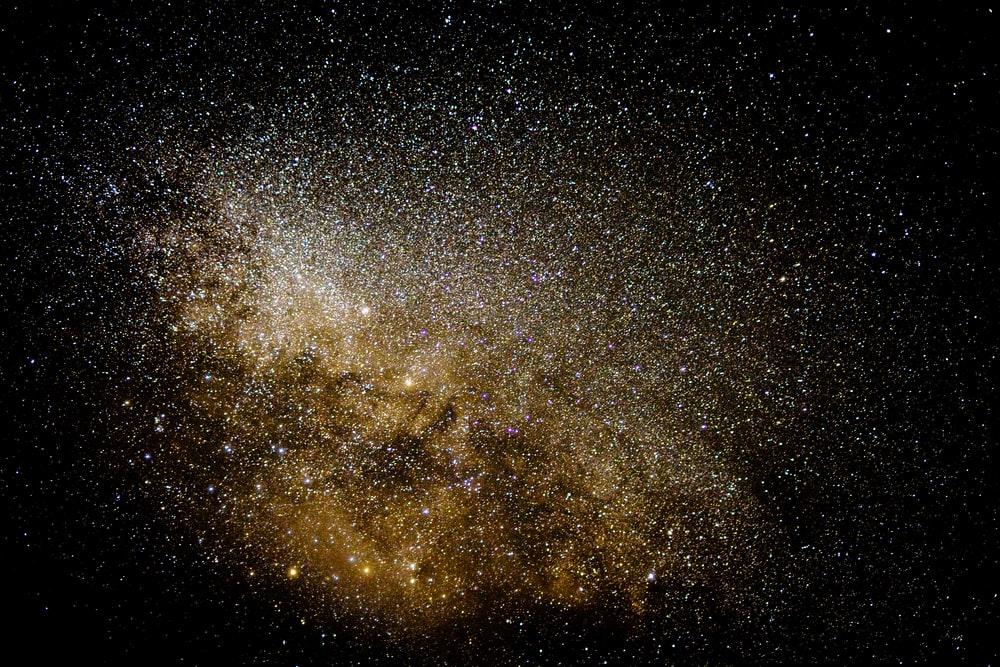As long as intelligent design has existed, so have its critics. They point to all the obvious imperfections in the human body and life and present it as proof of the validity of their claims—as did one Get Wisdom user as well. Naturally, these critics have been called out several times and taken to task—and herein, we will discuss which faction has the more weight in their argument.
What is Intelligent Design?
There are those who believe in the Big Bang theory—and those who believe in the Big Bang theory but also believe that it could not have happened on its own. One faction believes that it was all a massive randomness, some sort of cosmological abiogenesis that just. . . happened. First, there was nothing, and then, there was the world. Just like that.

The opposing party also believes that first there was nothing and then there was something—but they differ and believe that some intelligent design must have caused the big bang. It could not have happened on its own—that it was not some giant space accident.
Causation, of course, is a major point of contention for both, space scientists and philosophers—because there are so few definite answers. If everything has a cause, then that intelligent design must also have a cause—and how does one answer that?
We think it’s time we turn to an authority on the matter—a physicist, and a Nobel winner, no less.
What Roger Penrose Says
This year’s winner of the Nobel for Physics, Roger Penrose, famously said that there was a universe before this universe. Naturally, he faced the consequences for saying so, and was met with opposition and mockery. But then, people hadn’t believed Einstein and Galileo at first, either.
According to Penrose, the big bang wasn’t the start of our universe—it was the ending of one that existed prior to this one. A chain—a universe before a universe before a universe, with perhaps no end or beginning in sight. Or perhaps it is circular, cyclical—we don’t know for sure, or we don’t know just yet. Just like we don’t know about what goes on inside a black hole yet—but hey, people didn’t believe black holes were real at one time either. People won’t believe things until it’s inevitable not to believe them—we, the seekers of hidden truths see deeper and know that there’s more fact than fiction in what is usually dismissed by the masses.
So, when a leading physicist and the recipient of the Nobel Prize says there was a universe before this universe, we believe that he has a point. So do critics of intelligent design.
Creationism Versus Empiricism

The debate is actually as old as time: it’s like a more a sophisticated version of the question of the egg or the chicken. What came first? Creationists believe in intelligent design, decry cosmological abiogenesis, and claim that there is some force—call it God or whatever—that is behind the creation and the existence of the universe.
Empiricists say that since this claim lacks any empirical evidence, it must therefore be, by default, bogus. Empiricists have a very Cartesian view of things like that. They somehow seem to forget that the absence of evidence is not the evidence of absence. Several things which we didn’t know existed or didn’t think could exist do exist today—and therein lies all the difference.
Just because it isn’t in evidence yet doesn’t mean it can’t be. If it has a half-logical premise, it can be—and intelligent design does have solid argumentation and reasoning behind it. As far as empiricism goes, they can’t explain why it was such a huge accident either.
New Discoveries
We think we’re the most intelligent beings all around, and that might have been true if it weren’t for the fact that we’re still behind on several counts. We have entire oceans that are left unexplored—only three people so far have been down in the deepest site—the Challenger Deep—of the Mariana Trench, one of them the director of the Titanic. We’re still discovering deep sea creatures. Up until some years ago, we never had a colossal squid caught on camera—we had never seen it move alive.
And it was only in October 2020 that humans discovered a new organ in our bodies—of course, it isn’t new in the sense that we have just developed it in our bodies. It’s just that we never noticed it—not despite our many decades of surgeries and anatomy, we did not.
It’s only recently that humans have discovered water on the moon and on Mars. We have, only this year, discovered that Venus has basis for life. It was also only this year that we realized we are helpless when faced by a virus that then proceeded to kill over a million people around the world.
Humans are deceived when they say they’re the most intelligent creatures in the universe—because (a) there definitely are more beings out there and (b) we have been faced with our own lack of ability time and again.
Faults or Something More?
Critics of intelligent design often see faults because they are looking for faults. They see blind spots because they want to see blind spots—they don’t look at these “flaws” from multiple angles, and thus fail to register that these faults could have a logical premise too—and are, therefore, not faults at all.
Whether it’s cellular anatomy or biochemistry, we know for a fact that humans don’t know everything. Much is still veiled from us, and simply brushing everything that has not yet been revealed unto us can lead to dangerous, limiting paths. It can constrict intellectual and intelligent development, constricting us to a shortage of ideas that have been regurgitated over and over again. The Creator has also answered a question of a similar nature here.
Uncover More Hidden Truths
At Get Wisdom, we have a divine database that can reveal truths hidden from you for years: everything from matter about alien abduction to spirituality is already stocked for you. And if you’re in for some intelligent discussion with like-minded folks, join the forum today!
